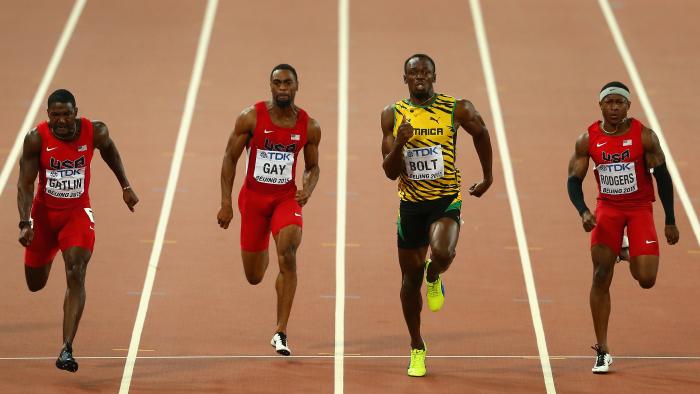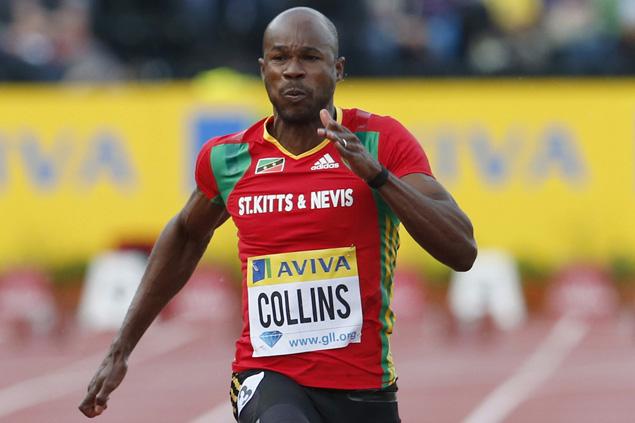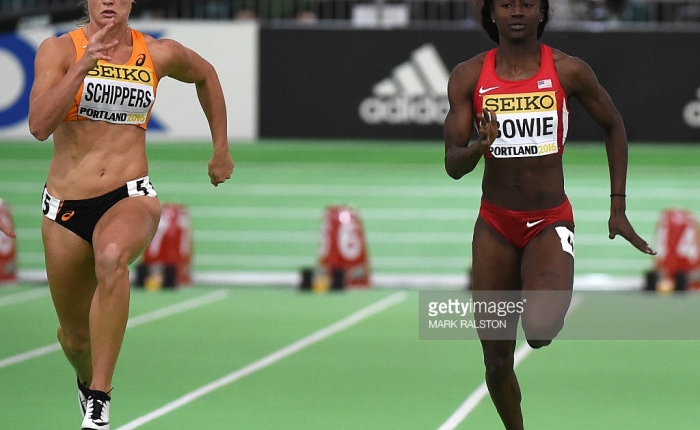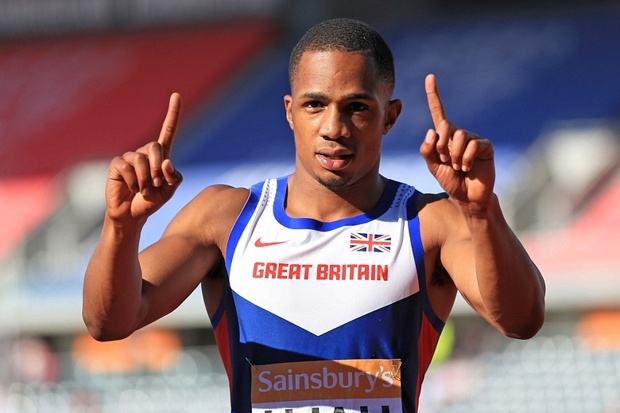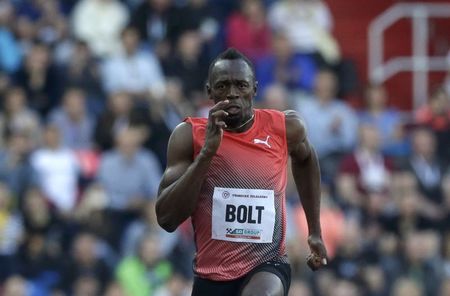According to Daily Telegraph Sports News Correspondent Ben Rumsby: “If Nesta Carter is confirmed, every man apart from Bolt who has ever run under 9.79sec is a doper.” This is depressing news for track and field.
This means that world record holder Usain Bolt is in danger of losing his 4x100m relay gold medal that he picked up at the 2008 Beijing Olympics. The A sample of Bolt’s relay temmate Nesta Carter was confirmed to have contained Methylhexanamine, a banned stimulant which interestingly enough was not prohibited by the World Anti-Doping Agency (WADA) until 2009.
If this is the case then the Olympic gold medal winning performance by Carter could be legal. This is indeed confusing because a BBC article stated that “Methylhexanamine has been on the World Anti-Doping Agency (Wada) Code prohibited list since 2004” while another BBC article from 2009 reports that Jamaica’s Anti-Doping Commission (Jadco) had said that the drug Methylhexanamine “was not on the World Anti-Doping Agency (WADA) banned list” despite containing similar properties to tuaminoheptane, a drug which is banned.
It was Methylhexanamine that led to the paltry 3 month ban of Yohan Blake in 2009, who later became the second fastest man ever over 100m and 200m in 9.69 s in 2012 and 19.26 s in 2011 respectively. This does leave me wondering about the legitamacy of his exceptionally fast runs, but these days if anyone is incredible, their credibility is called into question.
Blake’s Jamaican compatriot Asafa Powell also failed a drugs test along with American sprinter Tyson Gay in 2013. Asafa Powell had his ban reduced from 18 months to 6, while Usain Bolt argued that Tyson Gay’s one year suspension should have been made a lifetime ban.
While he admitted use of an anabolic steroid, Gay was supposedly blissfully aware that the cream he had been using contained the juice. BBC Sport reports him saying:
“I don’t have a sabotage story,” he said last month. “I basically put my trust in someone and was let down. I know exactly what went on, but I can’t discuss it right now.”
Similarly Powell is also quick to ascert his innocence. After testing positive for banned stimulant, oxilofrine, Powell claimed that he had been given nine supplements, including Epiphany D1 though Powell had received a “contaminated version” which presumably contained the drug that led to his positive drugs test.
Another prominent name is Justin Gatlin who is probably Usain Bolt’s closest rival at the moment, ten years after having been handed a four year ban for doping in 2006. According to the website letsrun.com “Gatlin has never admitted to knowingly taking steroids.”
All of the athletes who have taken steroids in the past seem to downplay the severity of their actions and Usain Bolt is in a minority of elite athletes who has never failed a drugs test.
Hence, there needs to be zero-tolerance and lifetime bans towards any athlete found taking banned substances. Equally, it must be ensured that athletes are made fully aware of the rules so that the blame can fall squarely on them. If lifetime bans are too harsh, then athletes ought to play clean from the offset. Then again there are far too many names to mention of current (such as Mike Rodgers and Femi Ogunode) and former sprinters who are guilty of foul play, and if they were all kicked out of the sport, the sport would be in jeopardy. It already is.
